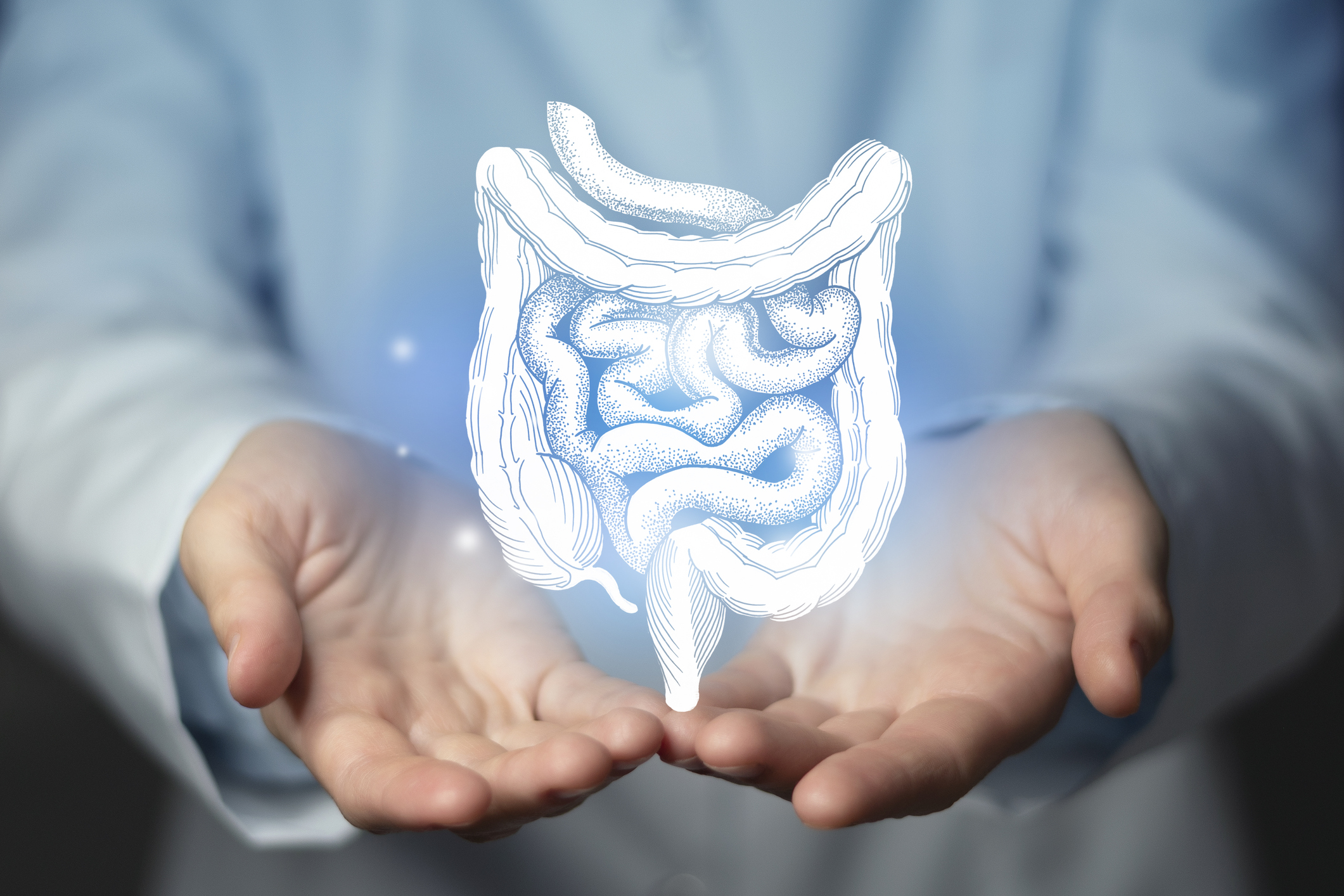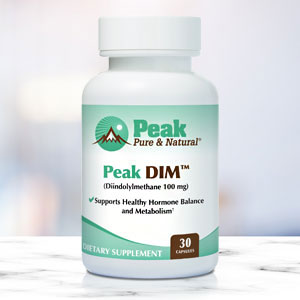Get Easy Health Digest™ in your inbox and don’t miss a thing when you subscribe today. Plus, get the free bonus report, Mother Nature’s Tips, Tricks and Remedies for Cholesterol, Blood Pressure & Blood Sugar as my way of saying welcome to the community!
Why broccoli is a gut-saving disease-fighting superfood

Did you grow up with your parents telling you to eat your broccoli? If you were anything like me, as a kid you pushed that vegetable off to the side as often as you could get away with.
Has much changed since then?
Surprisingly, a Green Giant “Favorite Veggie” survey crowned broccoli as America’s favorite vegetable — yet only one in ten of us is meeting the daily recommended servings of fruits and vegetables.
That means most of us are probably still not eating enough broccoli and we’re cheating ourselves of major disease protection…
Broccoli is packed with sulforaphane and other phytochemicals, like diindolylmethane (DIM), that can help fight diabetes, slow aging, strengthen your bones, protect your eyesight, defend against colon cancer and support prostate health.
And that’s not all researchers are finding out about this superfood….
Molecule in broccoli keeps your gut intact
In a new study, researchers at Penn State divided mice into two groups to determine broccoli’s impact on the small intestine. They fed an experimental group of mice a diet containing 15 percent broccoli (equivalent to 3.5 cups per day for humans) and a control group a typical lab diet without the superfood.
The wall of the small intestine is designed to be permeable enough that water and nutrients pass into the bloodstream, but strong enough to keep harmful food particles and bacteria inside until it’s voided. The epithelial lining of the small intestine is made up of specific cells that support this healthy balance.
In the study, the researchers discovered that molecules in broccoli known as aryl hydrocarbon receptor ligands bind to aryl hydrocarbon receptors (AHR), initiating activities that affect the functions of those cells.
An AHR is a transcription factor, a type of protein that when activated signals both your immune cells and the cells lining your intestines to stop all inflammatory processes and repair any cells that were previously damaged.
The analysis showed the mice that weren’t fed broccoli lacked AHR activity, resulting in altered intestinal barrier function and reduced transit time of food in the small intestine. These two things are harmful because reduced transit time means waste sits in your intestines longer. And if the barrier is not functioning as it should, harmful elements of the waste, including endotoxins (fragments of bacteria), can breach the barrier.
These mice also had decreased numbers of goblet cells, which secrete a protective layer of mucus on the intestinal wall; decreased Paneth cells, which secrete lysosomes that contain digestive enzymes; and a reduced number of enterocyte cells, which absorb water and nutrients.
“The gut health of the mice that were not fed broccoli was compromised in a variety of ways that are known to be associated with disease,” says Gary Perdew, chair in agricultural sciences at Penn State. “Our research suggests that broccoli and likely other foods can be used as natural sources of AHR ligands, and that diets rich in these ligands contribute to resilience of the small intestine.”
The importance of your gut barrier
It’s much easier to keep your gut lining healthy than it is to repair it. If it’s damaged, via any number of factors including poor diet, antibiotic use, stress or aging, the barrier weakens, increasing intestinal permeability and allowing endotoxins to enter the bloodstream. This is known as leaky gut — a condition that acts as an open door to disease.
A person suffering from leaky gut may experience a range of symptoms from diarrhea to constipation, bloating, skin problems, joint pain, headaches and even confusion.
It also exacerbates weight gain. Researchers that looked specifically at the impact of endotoxins on fat cells discovered that key processes that usually help control the buildup of fat are interrupted by the material.
And as inflammation further wears down the intestinal barrier, its spreads throughout the body, triggering the immune system to over-respond.
The result? A wide range of symptoms that drag health down, lead to food allergies, intolerances and sensitivities, as well as autoimmune diseases. And because the symptoms and these types of conditions are so varied, often mimicking other illnesses, it can take years to get a diagnosis from a physician.
So, if you’re not over your aversion to broccoli it’s time to get serious about working this superfood into your diet.
Supplements can also support your gut lining and you can read about five of them here.
Editor’s note: Are you feeling unusually tired? You may think this is normal aging, but the problem could be your master hormone. When it’s not working, your risk of age-related diseases skyrockets. To reset what many call “the trigger for all disease” and live better, longer, click here to discover The Insulin Factor: How to Repair Your Body’s Master Controller and Conquer Chronic Disease!
Sources:
Broccoli consumption protects gut lining, reduces disease, in mice — Penn State
Aryl Hydrocarbon Receptor Activation Coordinates Mouse Small Intestinal Epithelial Cell Programming — Laboratory Investigation














